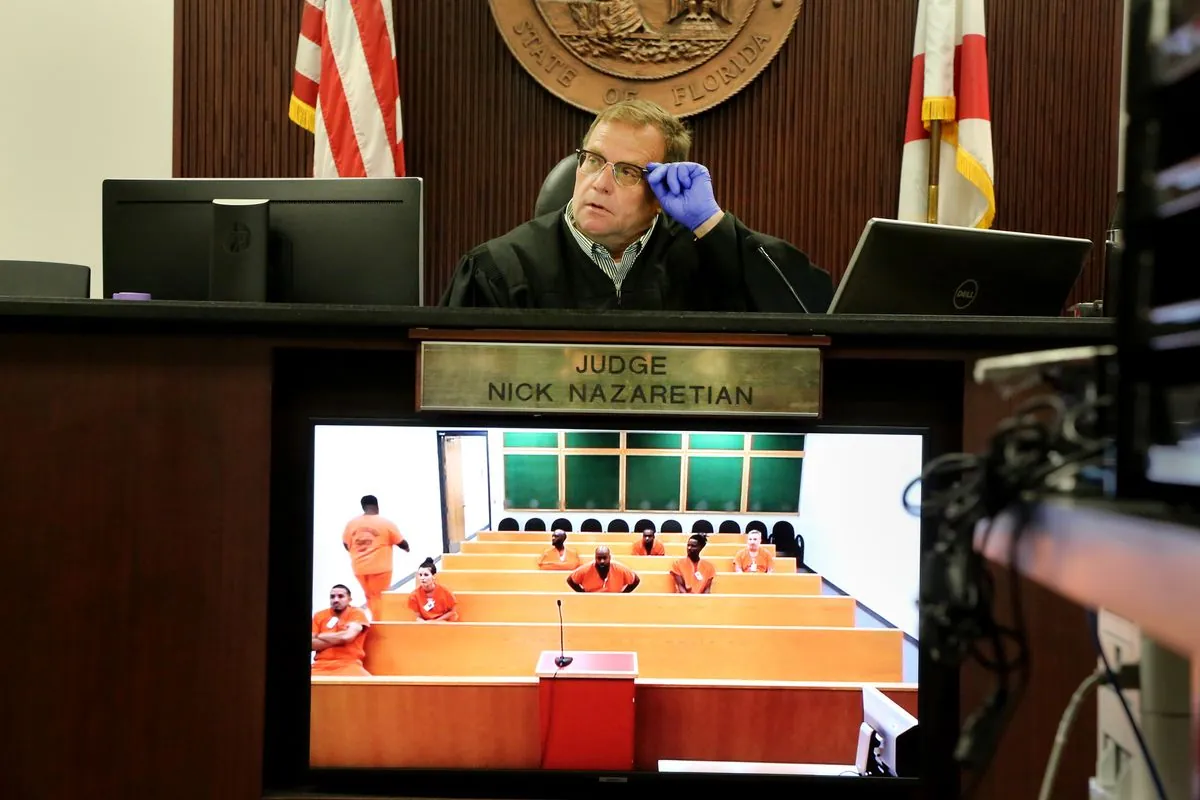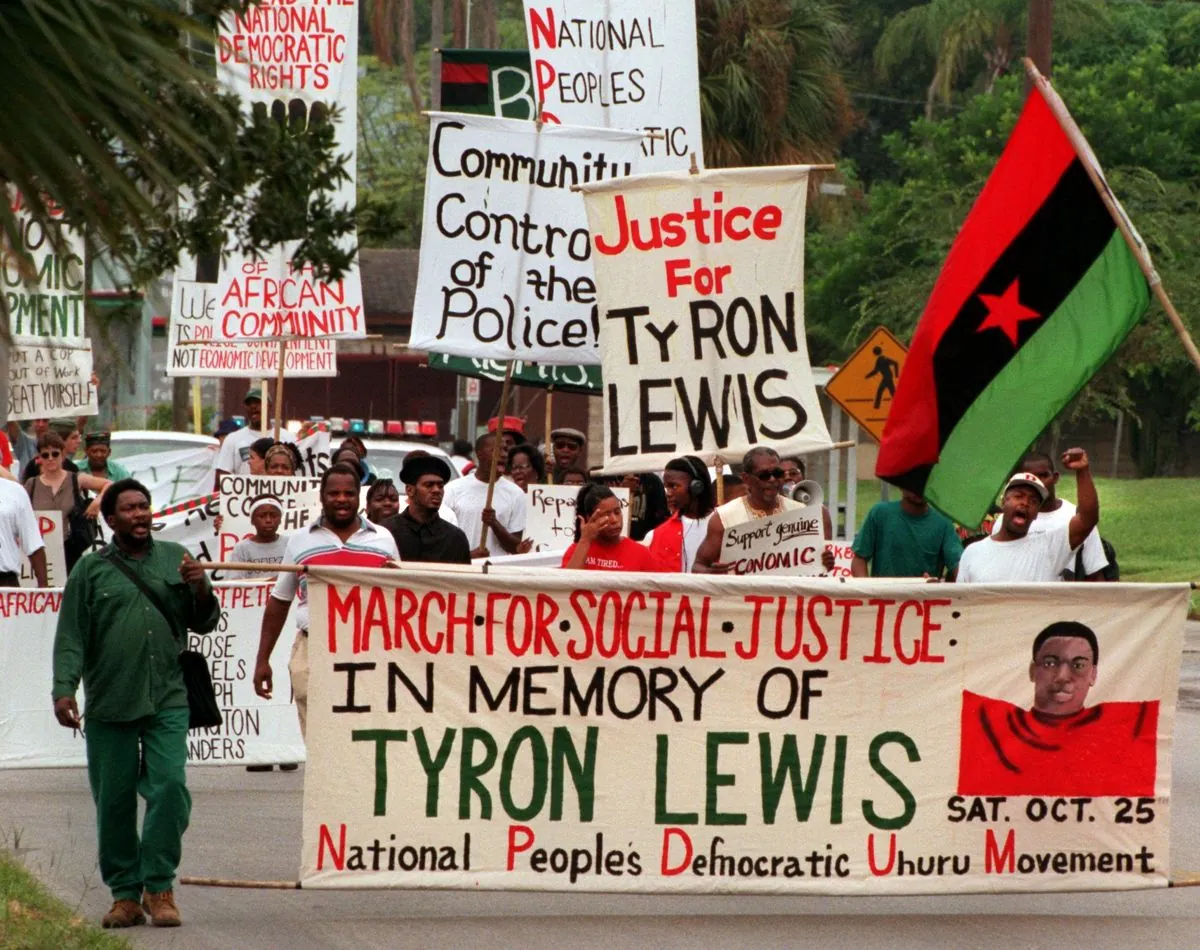Florida Jury to Decide Fate of Activists in Russian Influence Case
Four activists linked to the African People's Socialist Party face charges of acting as unregistered Russian agents. The case, concluding in Tampa, raises questions about foreign influence and free speech.

In Tampa, Florida, a jury is set to deliberate on a case that has brought international intrigue to the forefront of domestic politics. Four activists, associated with the African People's Socialist Party and its Uhuru Movement, stand accused of acting as unregistered Russian agents, allegedly working to sow discord and interfere in U.S. elections.
The defendants include Omali Yeshitela, the 82-year-old founder and chairman of the organization, which has focused on Black empowerment and reparations for slavery since its inception in 1972. Also on trial are Penny Hess, 78, and Jesse Nevel, 34, leaders of the group's white allies, and Augustus C. Romain Jr., 38, who established a separate organization in Atlanta after leaving the Uhurus in 2018.
Prosecutors argue that the defendants knowingly collaborated with the Russian government, citing their own statements as evidence. However, the defense contends that any Russian connections were unknown to the activists, whose actions aligned with their long-standing organizational goals.

The case has raised significant questions about the balance between national security concerns and First Amendment rights. Defense attorneys argue that the government's case threatens free speech, potentially silencing political dissent under the guise of combating foreign influence.
"The government has not proven that they knew Ionov was a Russian agent or a Russian government official."
If convicted, Yeshitela, Hess, and Nevel could face up to 15 years in prison for conspiracy to defraud the U.S. and failing to register as foreign agents. Romain faces a potential five-year sentence for the registration charge. All have pleaded not guilty.
The trial, which concluded more swiftly than anticipated, has brought attention to the complex interplay between domestic activism and international relations. While echoing concerns about Russian interference in U.S. elections, the judge has emphasized that this case is distinct from those issues.
Prosecutors allege that the group's activities, including staging protests claiming genocide against Black people in the U.S. and opposing U.S. policy on the Ukraine war, were directed by Russian interests over a six-year period starting in 2016. The defense, however, maintains that these actions were consistent with the organization's half-century-long advocacy.
As the jury deliberates, the outcome of this trial may have far-reaching implications for how the U.S. balances national security concerns with the protection of civil liberties and political expression. The case serves as a reminder of the ongoing challenges in safeguarding democratic processes from foreign influence while preserving the fundamental rights of citizens to engage in political discourse and activism.


































